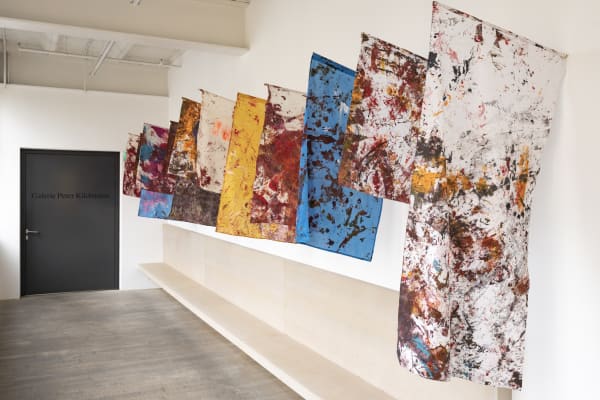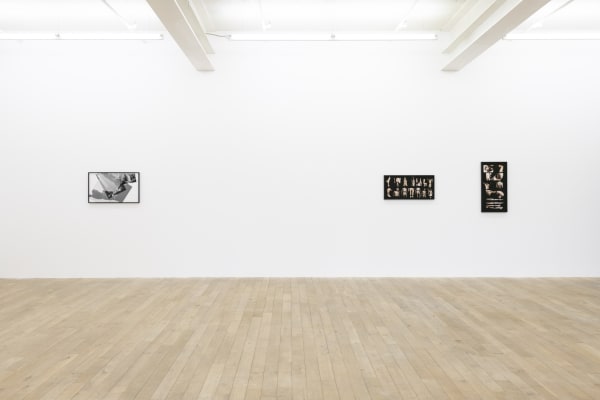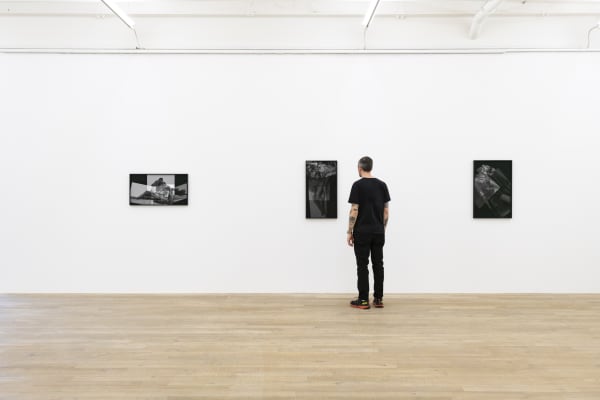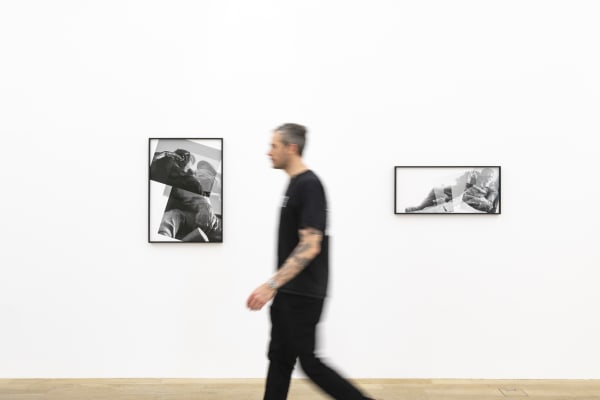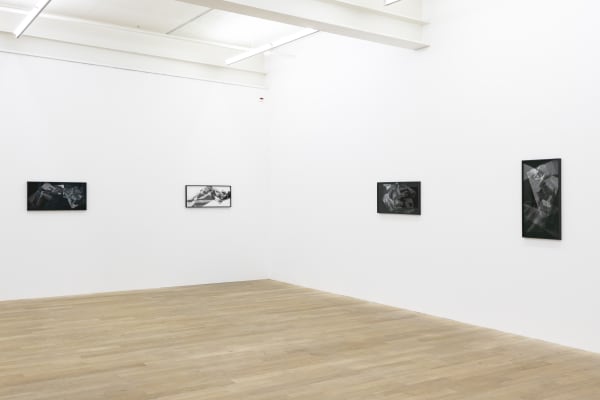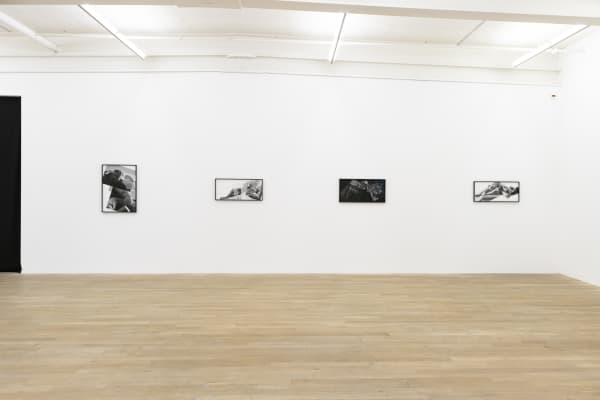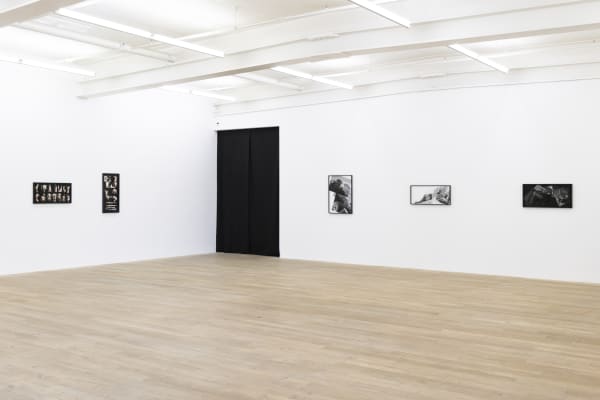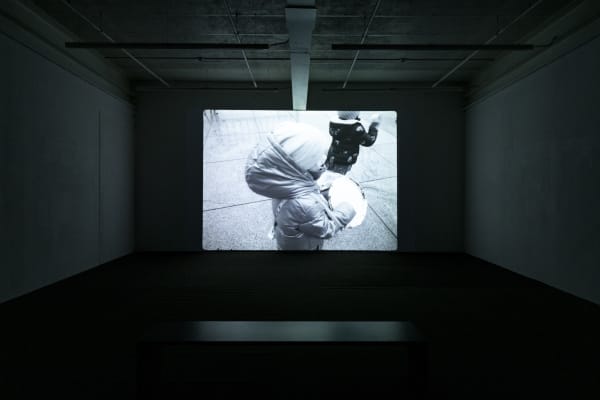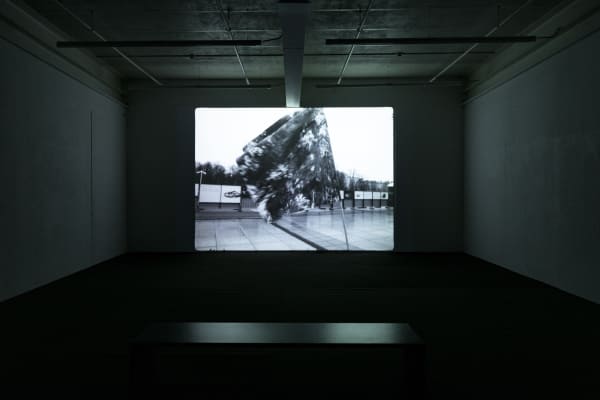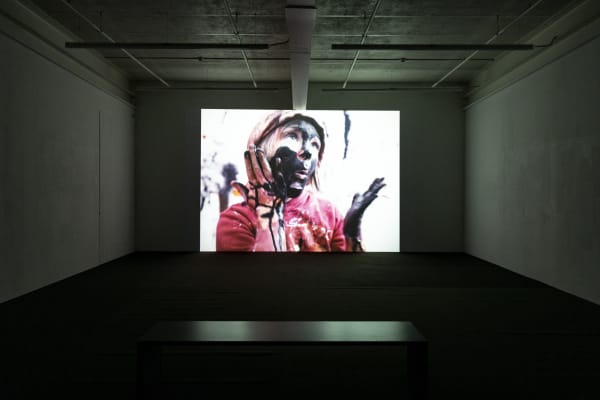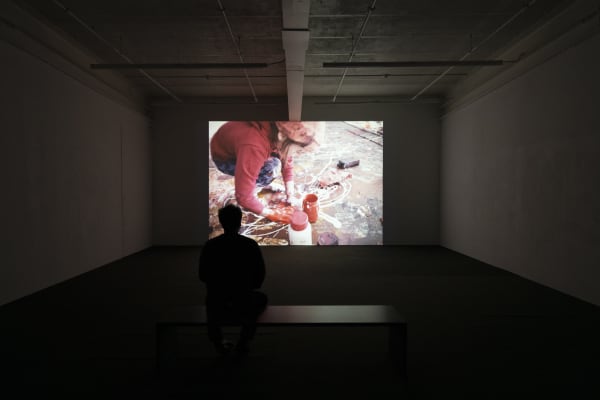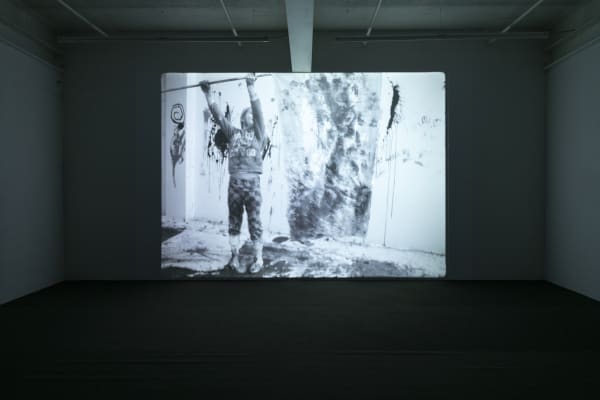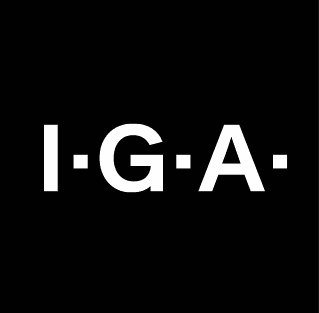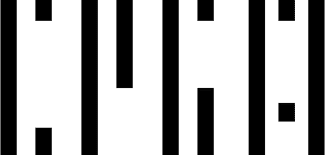Żmijewski's artistic repertoire manifests itself primarily in his cinematic works and photographs, whose approach to questions around belonging, political upheaval, stigmatisation, identity and empowerment within a social and political order does not shy away from controversy. In doing so, he never takes a subjective position himself as an artist but remains in the role of observer and documentalist who knows how to transform filmed material into an interesting story. Thus, his documentary-style video works seem to follow a natural narrative that unfolds from the cognitive, emotional and physical expressions of the volunteer participants and their interaction in the group.
Żmijewski's new film Against, which bestowed the exhibition its title, follows a similar concept and ties in with central works from earlier years, such as Democracies (2009). But in contrast to most of his previous works, the protagonists in Against are not characterized by a social or actual disability. Here, children of kindergarten and primary school age give expression to their voices as representatives of the youngest members of our society. Inspired by current protest movements launched by the young generation to stand up for climate protection and their future on our planet, such as Fridays for Future, the film shows the young participants preparing for a demonstration. However, Against does not impose a political label. Rather, it is about the impressive eagerness with which the children paint their protest banners and flags, and the resulting strong, enthusiastic, yet innocent dynamic. The film follows the children as they craft, design and prepare for the demonstration in a workshop, ultimately taking their values, rights and their future to the streets. The action is accompanied by a Neapolitan tarantella, whose popular, lively melody musically underpins the little demonstrators' unconcerned drive.
Another exhibition space is dedicated to Żmijewski's new series Red Army, which deals with the very current political debate on how to deal with Polish monuments honouring Soviet liberation fighters. With the aim of creating a historical consciousness of truth, the monuments were already increasingly put in a critical light in the 1990s. Since the outbreak of the war in Ukraine on February 21, 2022 the debate has gained a new urgency. Contrary to the original meaning of the monuments as a symbol of gratitude, they have become a symbol of the domination of the Soviet Union over Poland. The result has been repeated waves of sabotage and protest in recent years, culminating in an official decision by the Polish authorities on October 27, 2022 to remove four monuments dedicated to the Red Army in the towns of Glubczyce, Byczyna, Bobolice and Staszów.
The fifteen black-and-white photographs in the Red Army series were taken by Żmijewski in the Soviet Military Cemetery in Warsaw and show sections of the two groups of figures Heroism and Sacrifice by the sculptors Jerzy Jarnuszkiewicz and Stanisław Lisowski, which are part of the monument created there to honor the Red Army as Poland's liberator. The details of the figures carved in stone were recorded on site by the artist and then fragmentarily superimposed. Both groups of figures are gigantic and difficult to access, which is why Żmijewski had to use drones in some cases for his photographs. The interplay of the different perspectives creates photographically overlapping images. The conflict-laden monuments are detached from their site-specific context and given a new level of meaning. Individual shots are combined so that the soldiers depicted meet in newly staged poses. Their hands and melancholically charged faces seem to approach, touch and their bodies merge in a tender embrace, giving the scenes a homoerotic connotation. The reduction to black and white contrast draws a direct reference to the sculptural plasticity of the originals and raises general questions about a new contextualisation of the monuments and how to deal with our political heritage as both a source of conflict and as cultural asset.
Works by Artur Żmijewski have been exhibited internationally since the early 1990s. On March 5, the collection presentation Signals: How Video Transformed the World opened at MoMA in New York, featuring Żmijewski's perhaps most groundbreaking installation Democracies (2009) - a 20-part video work that subtly explores the meaning of democracy in our society. (The exhibition runs until July 8, 2023) In 2022, Żmijewskis solo exhibition When Fear Eats the Soul was presented at the PAC Padiglione d'Arte Contemporanea, Milan, on the occasion of which a comprehensive monograph will be published in spring 2023. Other important solo exhibitions were presented at the following institutions, among others: PAC Padiglione d'Arte Contemporanea, Milan (2022); MoCA Museum of Contemporary Art, Skopje (2021); MOCAK Museum of Contemporary Art, Krakow (2020; Tel Aviv Museum of Art, Tel Aviv (2019); Beursschouwburg, Brussels (2018); The Museum for History of Medicine, Riga (2017); Museo de Arte Zapopan, Guadalajara (2013); CCA Ujazdowski Castle, Warsaw (2012); MoCCA, Museum of Contemporary Canadian Art, Toronto (2011); MoMA, New York (2009) and CCA Wattis, San Francisco (2005). In addition, Żmijewski's works are included in numerous group exhibitions. Highlights include Baltic Triennial, Vilnius (2021); documenta 14, Kassel/ Athens (2017); documenta 12, Kassel (2007); 51st Venice Biennale (Polish pavilion, 2005) and Manifesta 4, Frankfurt am Main (2002). In 2012, Żmijewski curated the 7th Berlin Biennale. His works are in collections of major institutions worldwide, including Frans Hals Museum / De Hallen Haarlem; Migros Museum für Gegenwartskunst, Zurich; MoMA, New York; Tate Modern, London; Museum Ludwig, Cologne; National Gallery of Canada, Ottawa; Neue Pinakothek, Munich; Zacheta National Gallery of Art, Warsaw.
For more information, please contact Fabio Pink: fabio@peterkilchmann.com





